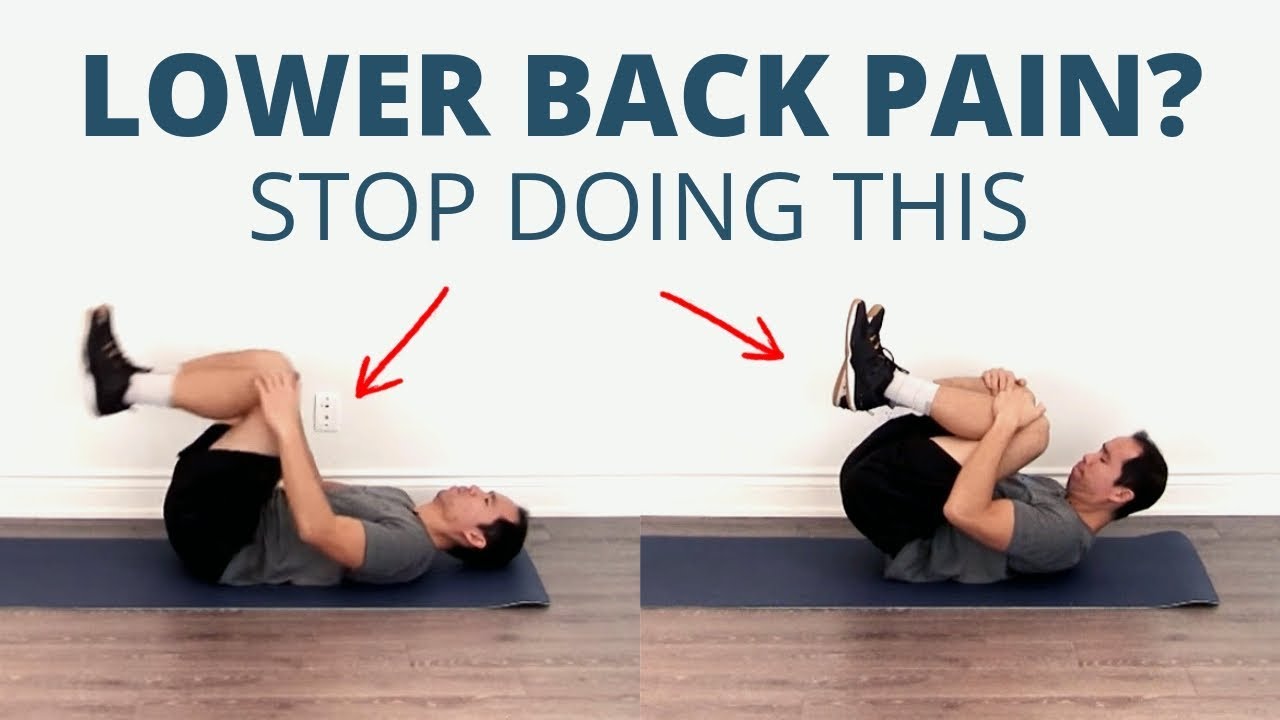
With exercises to relieve lower back pain at the forefront, this article delves into the causes, symptoms, and effective exercises that can alleviate this common ailment. By exploring a range of targeted exercises, individuals can embark on a journey towards pain relief and improved mobility.
Lower back pain affects millions of people worldwide, hindering their daily activities and overall well-being. Understanding the causes and types of lower back pain is crucial for devising effective treatment strategies. Common causes include muscle strains, herniated discs, and spinal stenosis, each with its unique symptoms and risk factors.
In celebration of Mother’s Day, find heartwarming happy mother’s day pictures to express your gratitude. For expectant mothers, the question arises: do you say happy mother’s day to a pregnant woman ? Yes, they deserve recognition for their future role as mothers.
Strengthening your back muscles is essential for overall health and well-being. Learn more about the importance of back muscles for posture and movement.
Understanding Lower Back Pain: Exercises To Relieve Lower Back Pain

Lower back pain is a common ailment that affects millions of people worldwide. It can be caused by various factors, including muscle strain, disc herniation, and arthritis. Understanding the causes and types of lower back pain is crucial for effective management.
Lower back pain can be classified into two main types: acute and chronic. Acute lower back pain typically lasts for less than three months and often results from sudden injuries or strains. Chronic lower back pain, on the other hand, persists for three months or longer and may have underlying medical conditions.
Common symptoms of lower back pain include:
- Aching or sharp pain in the lower back
- Stiffness and reduced range of motion
- Muscle spasms
- Pain that radiates to the buttocks or legs
- Numbness or tingling in the legs or feet
Risk factors associated with lower back pain include:
- Age: Back pain is more common in older adults.
- Occupation: Jobs that involve heavy lifting or prolonged sitting can increase the risk of back pain.
- Obesity: Excess weight puts additional strain on the lower back.
- Poor posture: Sitting or standing with improper posture can lead to back pain.
- Smoking: Smoking damages the discs in the spine, making them more vulnerable to injury.
Exercises for Relieving Lower Back Pain
Regular exercise can significantly help alleviate lower back pain by strengthening muscles, improving flexibility, and reducing inflammation. Here are some effective exercises that target lower back pain:
Pelvic Tilts
- Lie on your back with your knees bent and feet flat on the floor.
- Tilt your pelvis upward, flattening your lower back against the floor.
- Hold for 5-10 seconds, then release.
- Repeat 10-15 times.
Knee-to-Chest Stretches
- Lie on your back with your knees bent and feet flat on the floor.
- Bring one knee to your chest, grasping it with both hands.
- Hold for 15-30 seconds, then release.
- Repeat with the other knee.
Cat-Cow Pose
- Start on your hands and knees, with your hands shoulder-width apart and your knees hip-width apart.
- Inhale, arching your back and lifting your head and tailbone.
- Exhale, rounding your back and tucking your chin to your chest.
- Repeat 10-15 times.
Benefits of Exercise for Lower Back Pain
Exercise provides numerous benefits for individuals with lower back pain:
- Strengthening muscles:Exercises help strengthen the muscles around the lower back, providing support and stability.
- Improving flexibility:Stretching exercises increase the range of motion in the lower back, reducing stiffness and pain.
- Reducing inflammation:Exercise promotes blood flow to the lower back, which helps reduce inflammation and pain.
- Improving posture:Exercises can help improve posture, reducing strain on the lower back.
- Reducing pain:Regular exercise can help reduce pain levels by releasing endorphins, which have natural pain-relieving effects.
Considerations and Precautions, Exercises to relieve lower back pain
Before starting an exercise program for lower back pain, it’s important to consider the following precautions:
- Consult a healthcare professional:Always consult a doctor or physical therapist before engaging in strenuous activities, especially if you have any underlying medical conditions.
- Start gradually:Begin with low-impact exercises and gradually increase the intensity and duration over time.
- Listen to your body:If you experience any pain or discomfort, stop the exercise and consult a healthcare professional.
- Avoid exercises that aggravate pain:Certain exercises may worsen lower back pain. Avoid activities that cause discomfort.
- Use proper form:Ensure you perform exercises with correct form to prevent further injury.
Sample Exercise Plan
Here’s a sample exercise plan that incorporates the recommended exercises for lower back pain:
| Day | Exercise | Sets | Repetitions | Duration |
|---|---|---|---|---|
| Monday | Pelvic Tilts | 2 | 10-15 | 30 seconds |
| Knee-to-Chest Stretches | 2 | 10-15 | 30 seconds | |
| Tuesday | Cat-Cow Pose | 2 | 10-15 | 30 seconds |
| Glute Bridges | 2 | 10-15 | 30 seconds | |
| Wednesday | Rest | – | – | – |
| Thursday | Pelvic Tilts | 2 | 10-15 | 30 seconds |
| Knee-to-Chest Stretches | 2 | 10-15 | 30 seconds | |
| Friday | Cat-Cow Pose | 2 | 10-15 | 30 seconds |
| Back Extensions | 2 | 10-15 | 30 seconds | |
| Saturday | Rest | – | – | – |
| Sunday | Pelvic Tilts | 2 | 10-15 | 30 seconds |
| Knee-to-Chest Stretches | 2 | 10-15 | 30 seconds |
Conclusion

In conclusion, exercises to relieve lower back pain offer a non-invasive and effective approach to managing this common condition. By incorporating these exercises into a regular routine, individuals can strengthen their core muscles, improve flexibility, and reduce inflammation. Consulting a healthcare professional before starting any exercise program is essential to ensure safety and effectiveness.
Key Questions Answered
Is it safe to exercise with lower back pain?
Yes, specific exercises can help strengthen the muscles supporting the lower back and alleviate pain. However, it’s crucial to consult a healthcare professional before starting any exercise program.
How often should I do these exercises?
Start gradually and aim for 2-3 sessions per week. As your pain improves, you can increase the frequency and intensity of your workouts.
What if these exercises don’t help my lower back pain?
This Mother’s Day, let’s not forget the expecting mothers who are about to embark on this incredible journey. While they may not have experienced the joys of motherhood yet, they deserve to be celebrated for the miracle they carry within them.
Express your love and support by sending happy mothers day wishes and happy mother’s day pictures .
If exercises alone do not provide sufficient relief, consider consulting a healthcare professional for further evaluation and treatment options.






